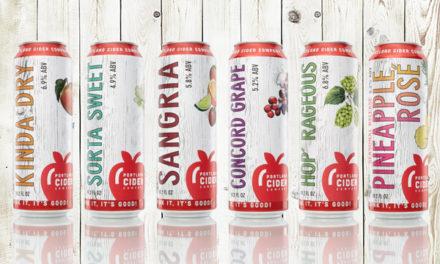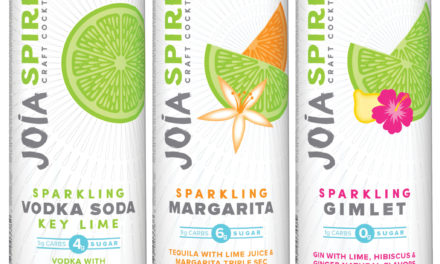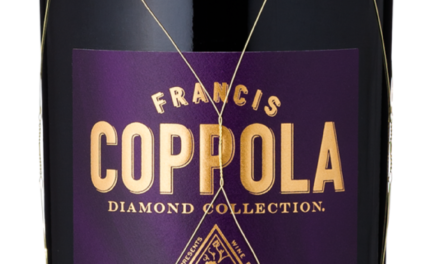Across the U.S. and Canada, restaurants, bars, taprooms, and tasting rooms have shut down in response to the Covid-19 pandemic. Tours, fairs, parades, and festivals have been cancelled or postponed, but the coronavirus is driving an increase in grocery, market, and home delivery sales for beer, spirits, and cider. Producers are drawing down their credit lines. Even giant Anheuser-Busch is using funds from a $9 billion loan. Although TTB is now allowing the return of alcoholic beverages purchased for sale during canceled events, producers and wholesalers aren’t required to accept returns. Smaller producers will likely be impacted the most severely, with furloughs, layoffs, and permanent closures already occurring.
Santa Rosa and Windsor, Calif.-based Russian River Brewing Company furloughed 90 percent of its staff on March 17. “These are the hardest decisions and conversations we have ever had to make,” said company co-founder Natalie Cilurzo at the time of the announcement.
A number of alcoholic beverage producers are using distribution lines to can flat water and manufacture hand sanitizer. The U.S. Alcohol and Tobacco Tax and Trade Bureau (TTB) has waived applicable provisions of internal revenue law for distilled spirits makers and encouraged production of ethanol-based hand sanitizers.
“Given the critical health emergency that our people are going through, we have refocused our manufacturing operations to produce ethyl alcohol and donate it to the hospitals and the public health sector,” said Philippe Brechot, president of Destilería Serallés, Inc., which produces Don Q Rum in Ponce, Puerto Rico.
Promoting deliveries and to-go sales
One of the burgeoning trends for producers is to offer alcohol to-go, both with food in curbside deliveries and through home delivery. In Austin, Texas, breweries and restaurants are selling cans and bottles, crowlers, growlers, and squealers, as well as “all-in-one” specials like meals with a growler. Some breweries have begun partnering with food trucks. Austin Beerworks set up a drive-thru beer order tent.
“Thank God this bill [House Bill 1545, which allowed sales of beer-to-go in Texas] actually passed (in June 2019). I can’t imagine where our industry would be right now without beer-to-go sales,” said Adam Debower, co-owner of Austin Beerworks.
Breweries throughout Washington state are running similar promotions, with offers of free bottles or services to sanitize bottles customers bring from home.
Boston-based mobile ordering app Drizly has seen a sales increase of 300 to 500 percent since January in Boston, Chicago, and Seattle, with the average order about 30 percent above normal levels. New York City-based alcohol delivery platform TapRm lowered its minimum order for same-day delivery and online orders from $50 to $25. Restaurants and bars in states across the country are increasing their efforts to sign up for or ask their state to allow the sale of takeout liquor through delivery services such as DoorDash, Uber Eats, and GrubHub.
Advocating safe drinking
One of the biggest questions in the coming weeks is how producers will pivot from current advertising campaigns. Social gatherings and sports events, both of which promote alcohol sales, are canceled for the immediate future. Producers may be requested to use television and social media to promote moderate alcohol use at home. The concern is that isolation, boredom, anxiety, and the availability of alcohol heighten the risk of overconsumption.
“Think about what people are going through. There’s a ton of uncertainty (and) financial pressure. No one knows how this thing is going to turn out,” said Kenneth Skale, president of the Los Angeles County Psychological Association. Excessive consumption could become a public health concern because it reduces immunity to viruses. Producers may also be tasked with addressing how to drink responsibly with children in the home.











